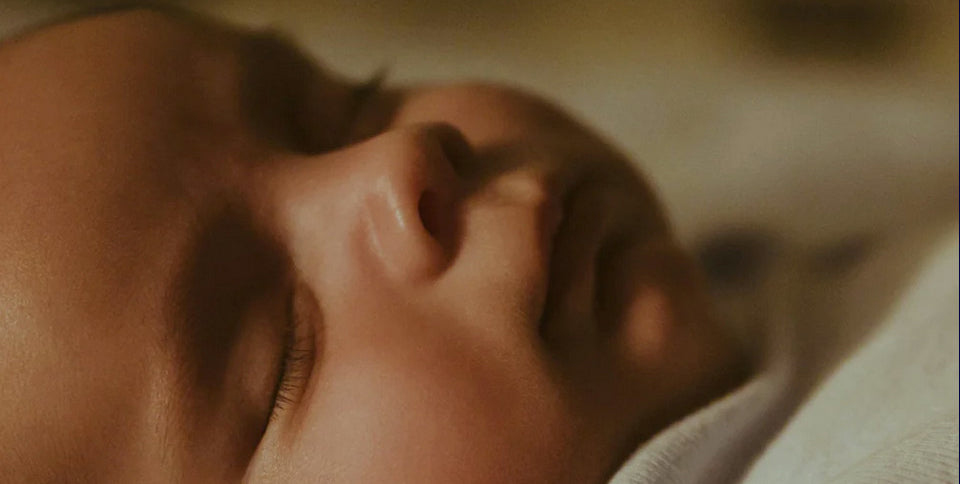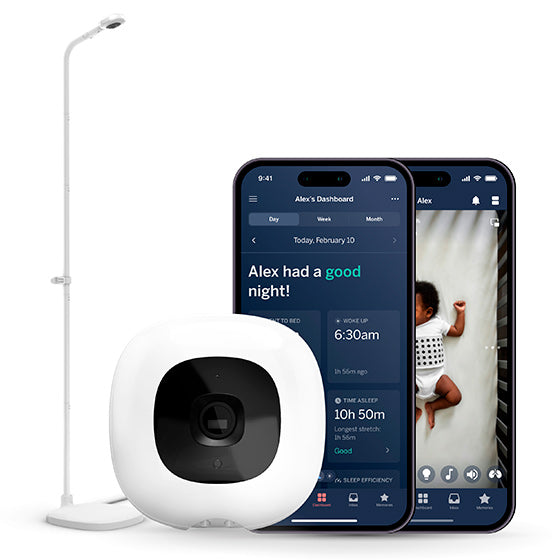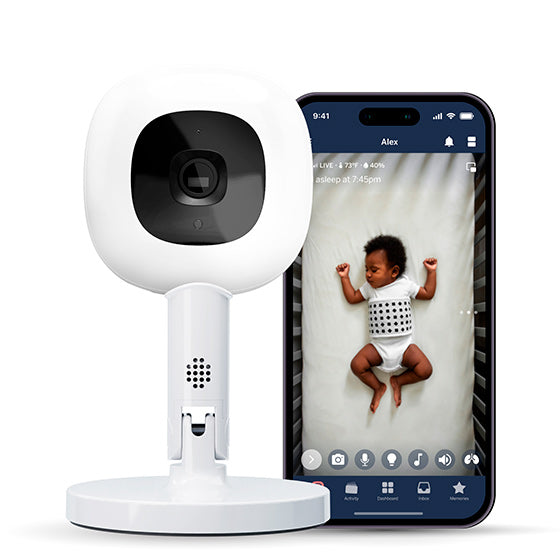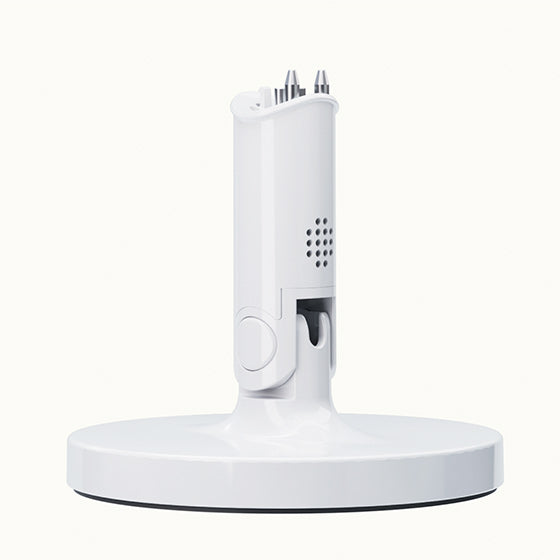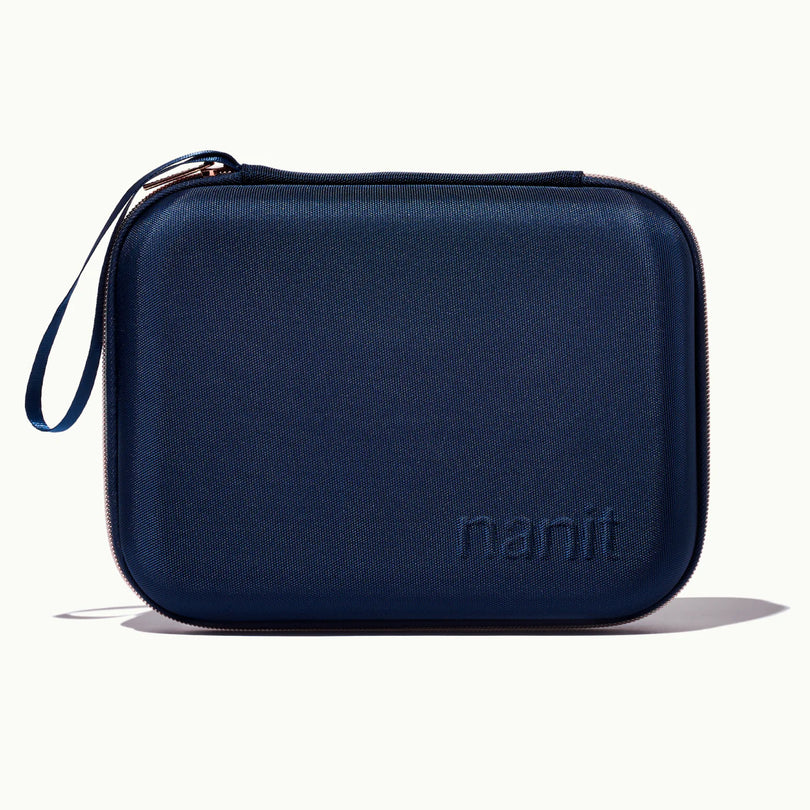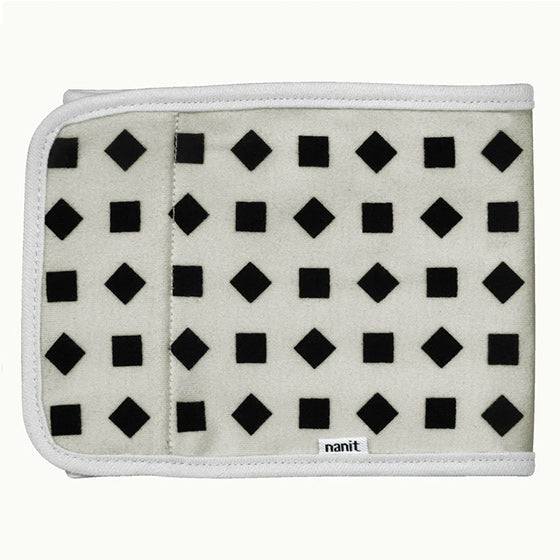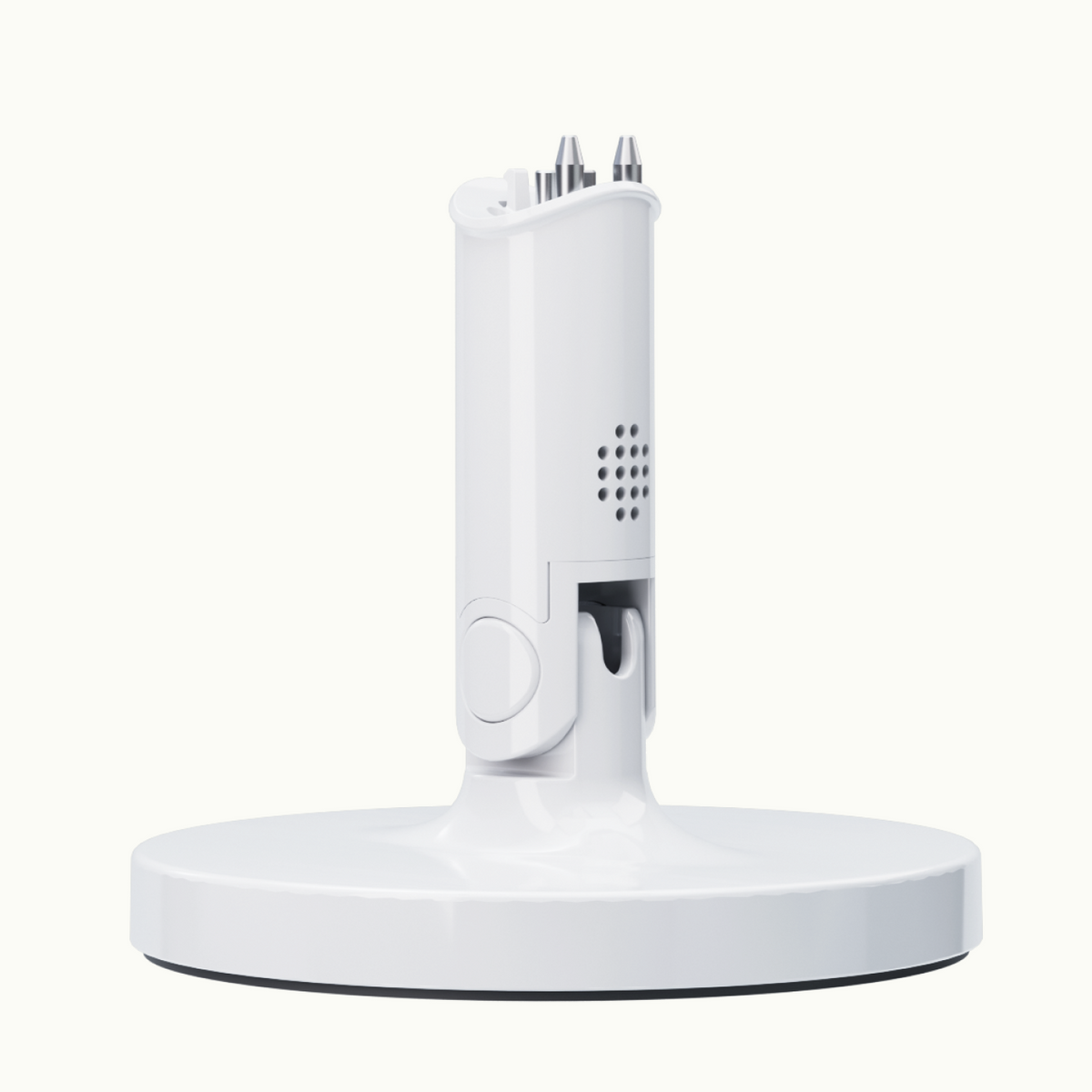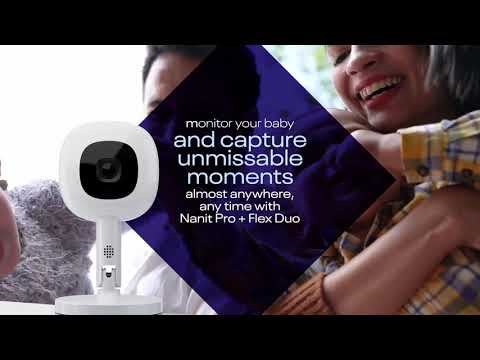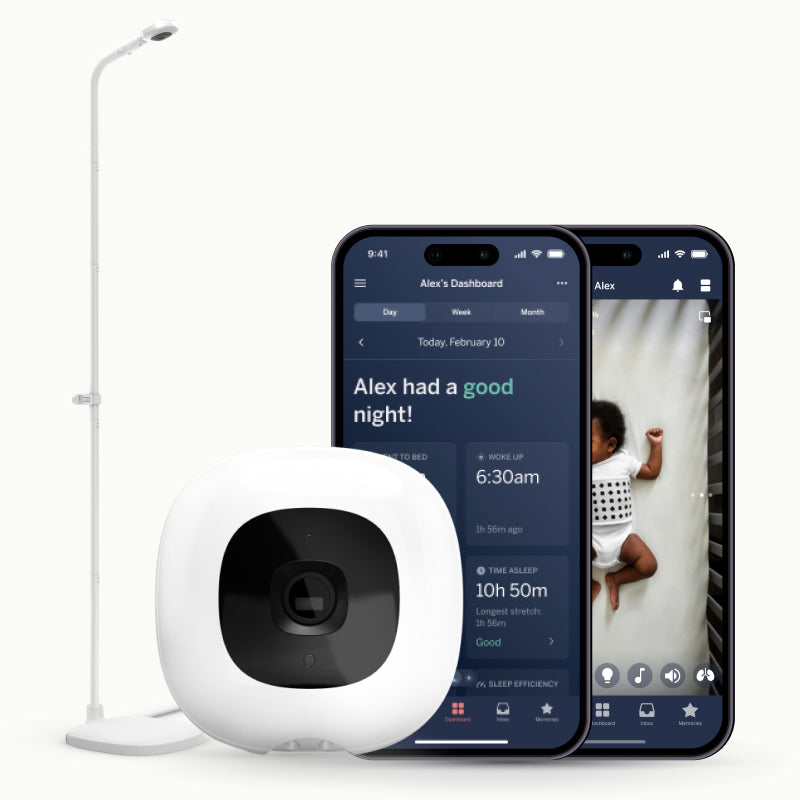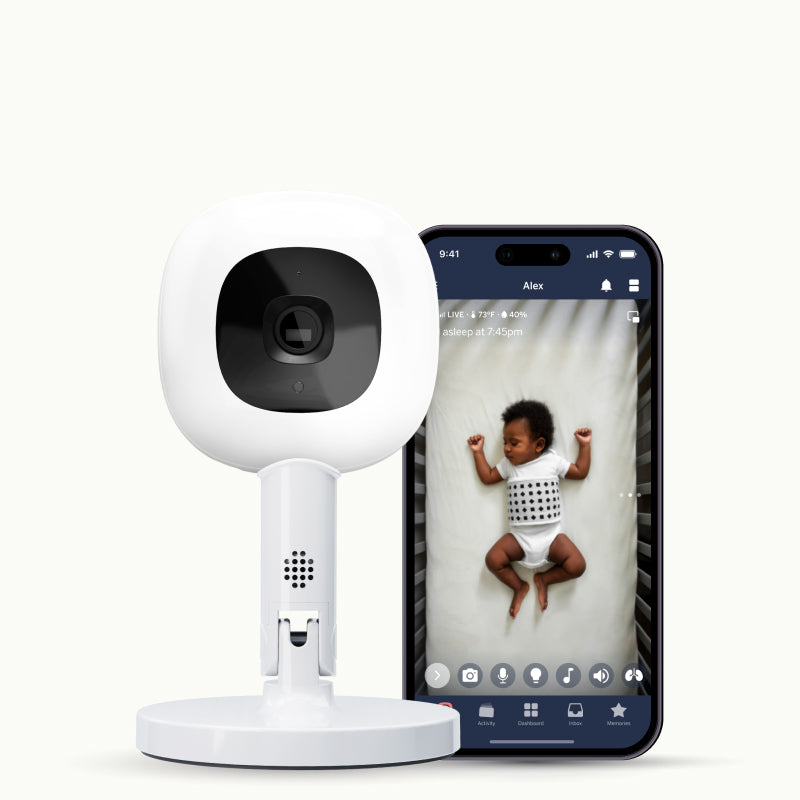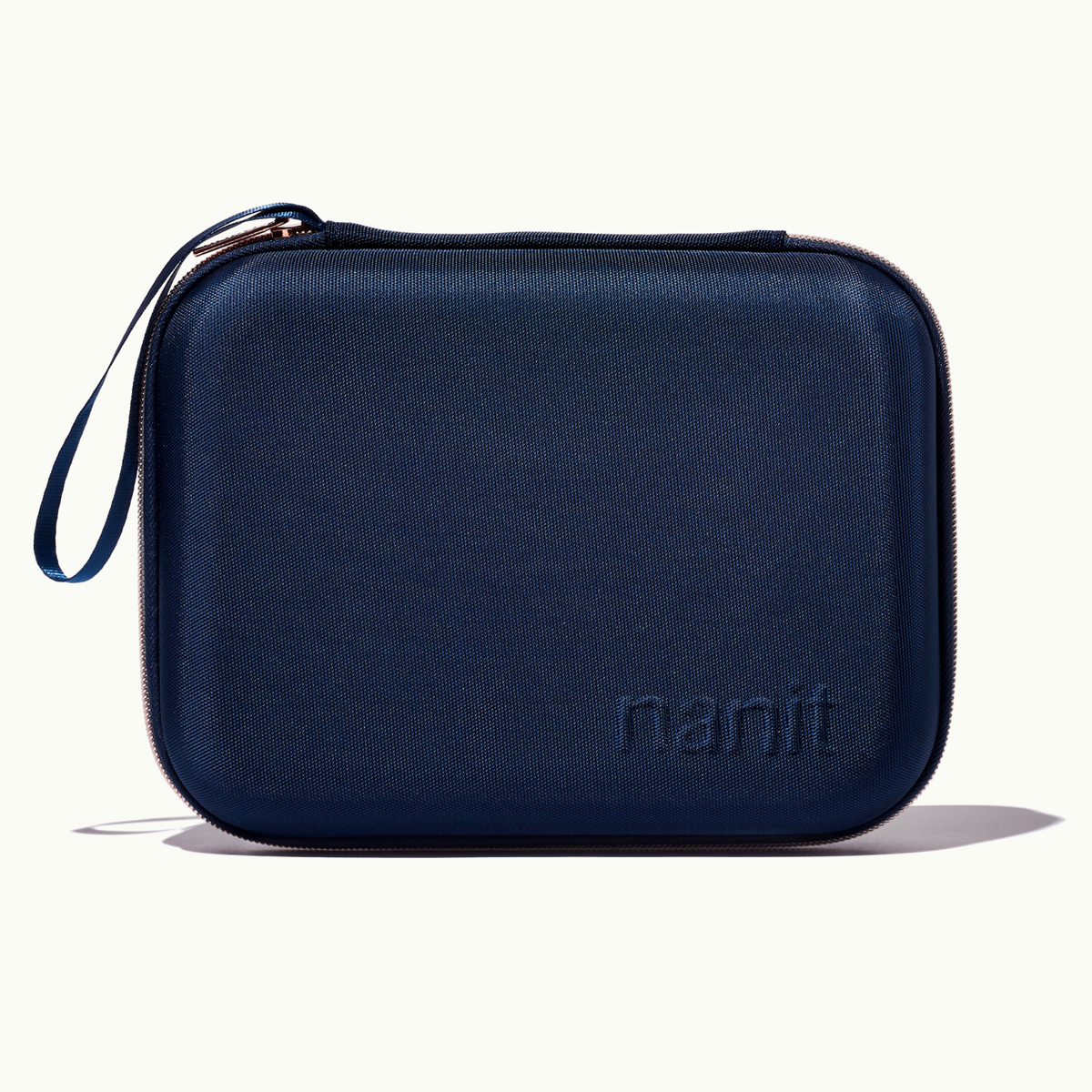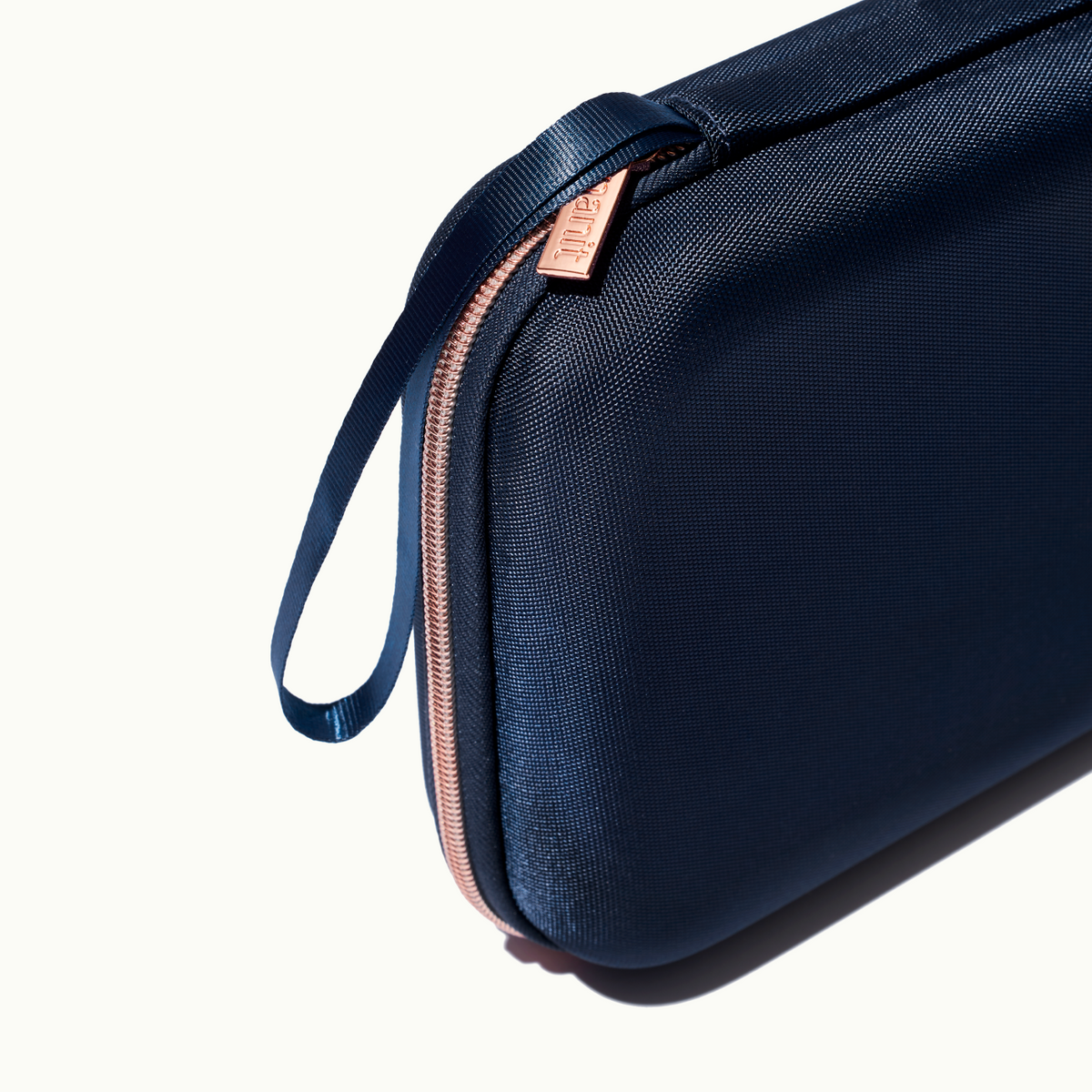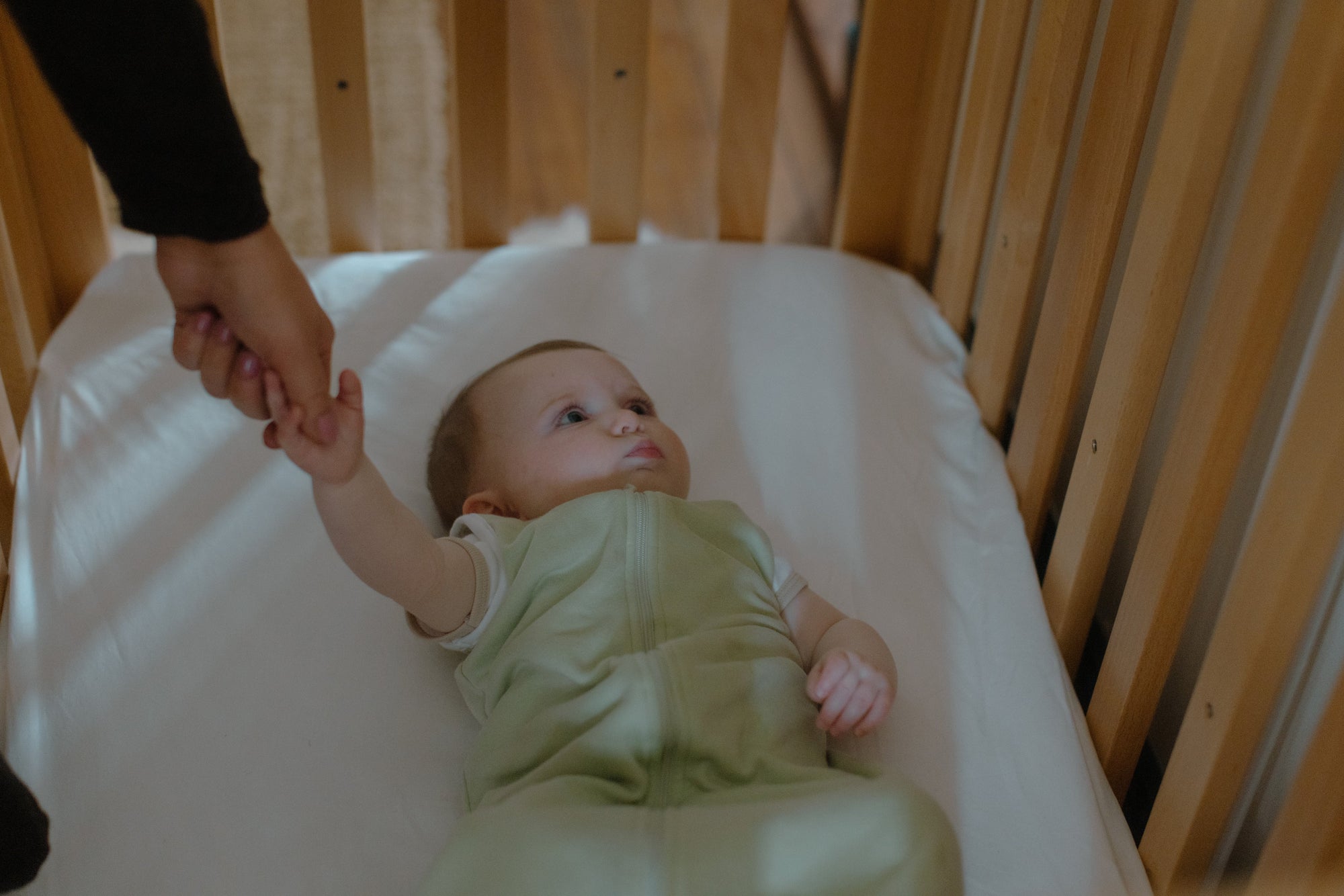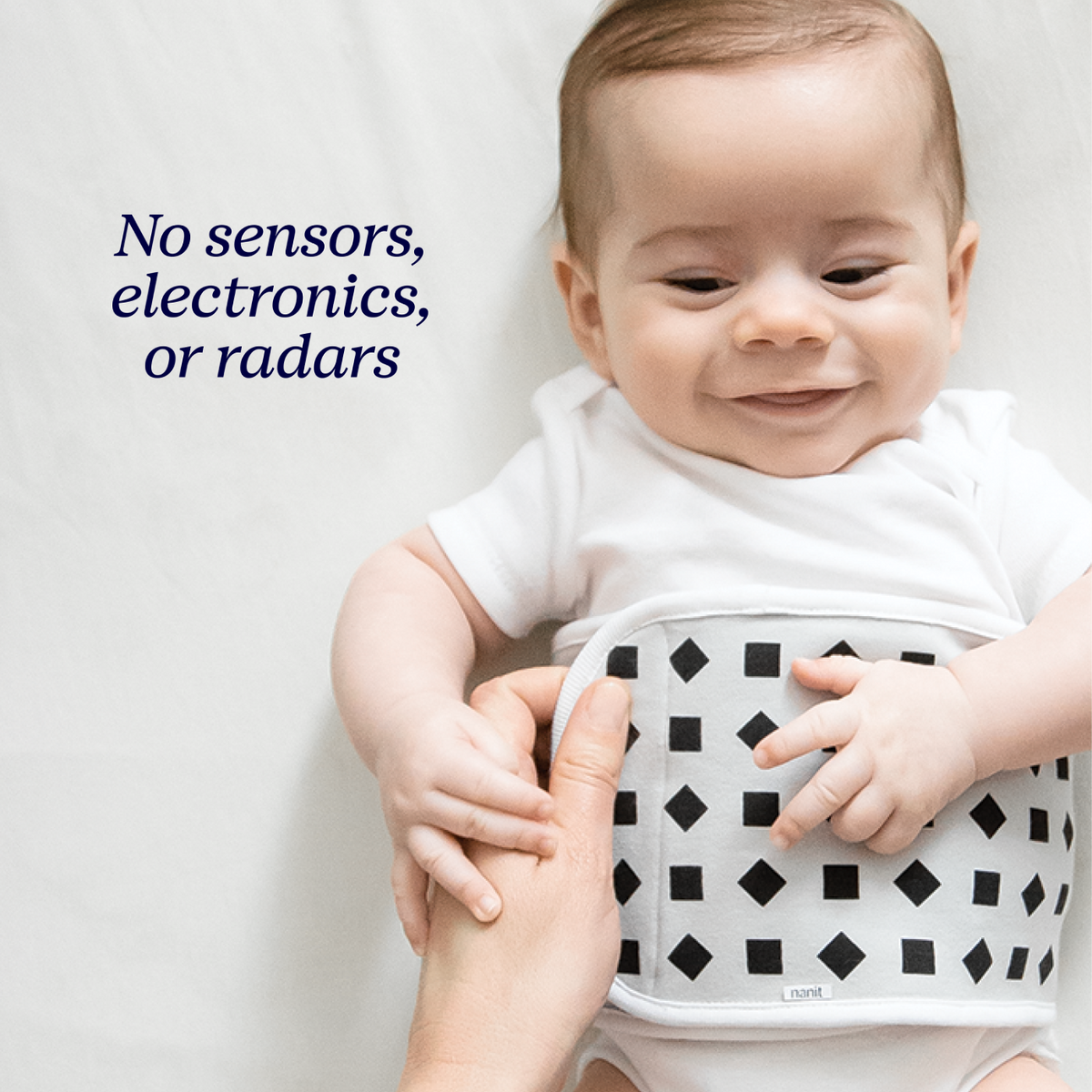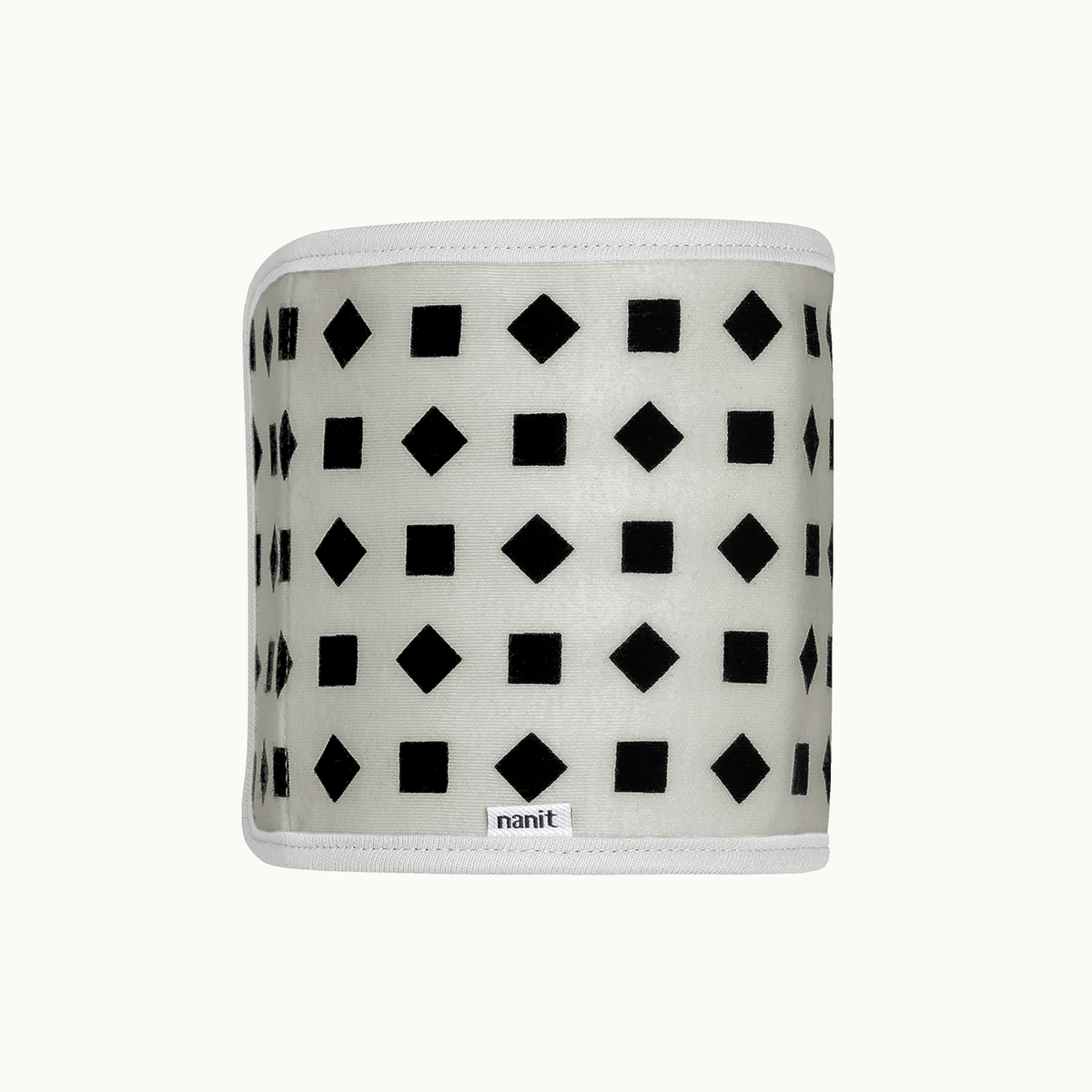The transition to parenting is marked by simultaneous feelings of happiness and overwhelm. It is a time of great intensity, and the effects of the transition are not limited to the day parents bring their babies home. Research illuminates the impact of parental confidence on the health and development of infants, a reality that makes it absolutely necessary to study. Understanding how parents perceive their own parenting abilities is crucial in comprehending the alignment between their beliefs, actual parenting behaviors, and interactions with their children.
This knowledge actuates technology start-up company Nanit, which looks to machine learning and data-backed sleep science to heighten parents’ knowledge about their child’s development. CEO Sarah Mccollum Dorsett spoke with Good Morning America and ABC News Contributor Alicia Quarles about Nanit’s efforts to increase parental confidence at the Doula Expo on Saturday, May 20th.
In an increasingly digitized world, the people on the frontlines working to create better realities for parents in the United States understand that solutions require some degree of technological innovation. Nanit aims to build confidence in parents by giving them data and personalized information about their infants. Since launching in 2016, Nanit has tracked over 212 million hours of sleep, 42 million parental visits, and over 21 million morning wakeups. Additionally, they have looked at various factors that can impact infant and parent well-being, such as physical well-being, mood and anxiety disorders, feelings of self-doubt, and structural and systemic inequities.
Underpinning their current efforts is the strong relationship between sleep and parental confidence. And just like there exist racial and ethnic disparities in broader phenomena in the United States, there also exist disparities in sleeplessness. A growing body of evidence suggests that the burden of sleeping problems and disorders fall more heavily on people of color. Nanit’s technologies have the potential to shift these outcomes within the parenting space, and augment parents’ sense of comfort with their efforts at showing up.

Another factor driving them in their work is the wide-ranging impact of key stakeholders neglecting to tackle the issue. “The whole family suffers,” said Dorsett. “If you think about it, as a parent, sleep is the very first thing that you have to tackle—if your baby doesn’t know whether it is day or night. We knew that if you are sleep deprived, you probably won’t have the energy to tackle all of the other big things you wanted to do well as a parent. So, sleep comes first.” Nanit operates with the understanding that when there is a marked improvement in the conditions of sleep for parents and their infants, other major parenting issues follow suit.
One such issue is postpartum depression, which is worse for parents who struggle to keep their infants asleep, when compared to those who have mastered it. Nanit’s intersectional approach incorporates the non-birthing parent in their understanding of postpartum depression. In their study of postpartum parents, they included an analysis of the symptoms of the non-birthing parent, and found that in a two-parent family, both parents sought out, and benefitted from the use of, Nanit products.
During the talk, Dorsett cited numbers that spoke to the efficacy of Nanit’s efforts. “Parents who understand their babies’ sleep and what impacts their babies’ sleep, and have worked on things like putting their babies down at the same time every night, particularly with Nanit, get 37 more nights of sleep a year.”
In addition to underscoring the significance of sleep, Nanit aims to emphasize its position as a window into the personal development of infants. What this means is that by tracking the sleeping patterns of infants, parents can learn a lot about the embodied changes their infants cannot communicate—an ability that contributes to feelings of security in a sphere where information is often conflicting.
Nanit stands as an example of the unique position of technology in the fight to improve the conditions of parenting within the United States. It is Dorsett’s hope that Nanit will establish an interplay between their efforts and those of the biomedical sphere by giving new parents access to information beyond scheduled check ups. “Our job is not to replace any role in the world of care, medicine, or research, but to supplement it and enhance it to make it better. Our goal is to personalize health, which is the direction healthcare is going in. Our version of it starts with childbirth and starting a family. I think more doctors will be looking for this information and embrace it—maybe not now, maybe well into the future.”

